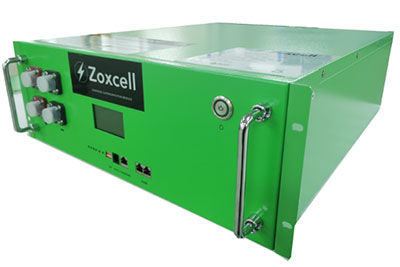Why Supercapacitors are better than conventional batteries?
Supercapacitors, also known as ultracapacitors or electrochemical capacitors, are energy storage devices that have several advantages over traditional batteries. Here are some reasons why supercapacitors may be considered better than batteries in certain applications:
High Power Density: Supercapacitors can discharge and charge quickly, making them suitable for applications that require high power density, such as electric vehicles and regenerative braking systems. Long cycle life: Supercapacitors can be cycled hundreds of thousands of times without losing their capacity, whereas batteries have a limited number of charge-discharge cycles before they degrade.
Wide Temperature Range: Supercapacitors can operate in a wide temperature range, making them suitable for use in harsh environments where batteries may not function as well.

Low Maintenance: Supercapacitors have no internal chemical reactions that can cause degradation, so they require little maintenance compared to batteries. Environmentally friendly: Supercapacitors are more environmentally friendly than batteries because they do not contain toxic chemicals or heavy metals.
However, it's worth noting that supercapacitors also have some limitations. They typically have lower energy density than batteries, which means they can't store as much energy per unit of volume or weight. Therefore, they may not be suitable for applications that require long-term energy storage, such as laptops or smartphones. Additionally, supercapacitors are currently more expensive than batteries, although this may change as the technology develops.





